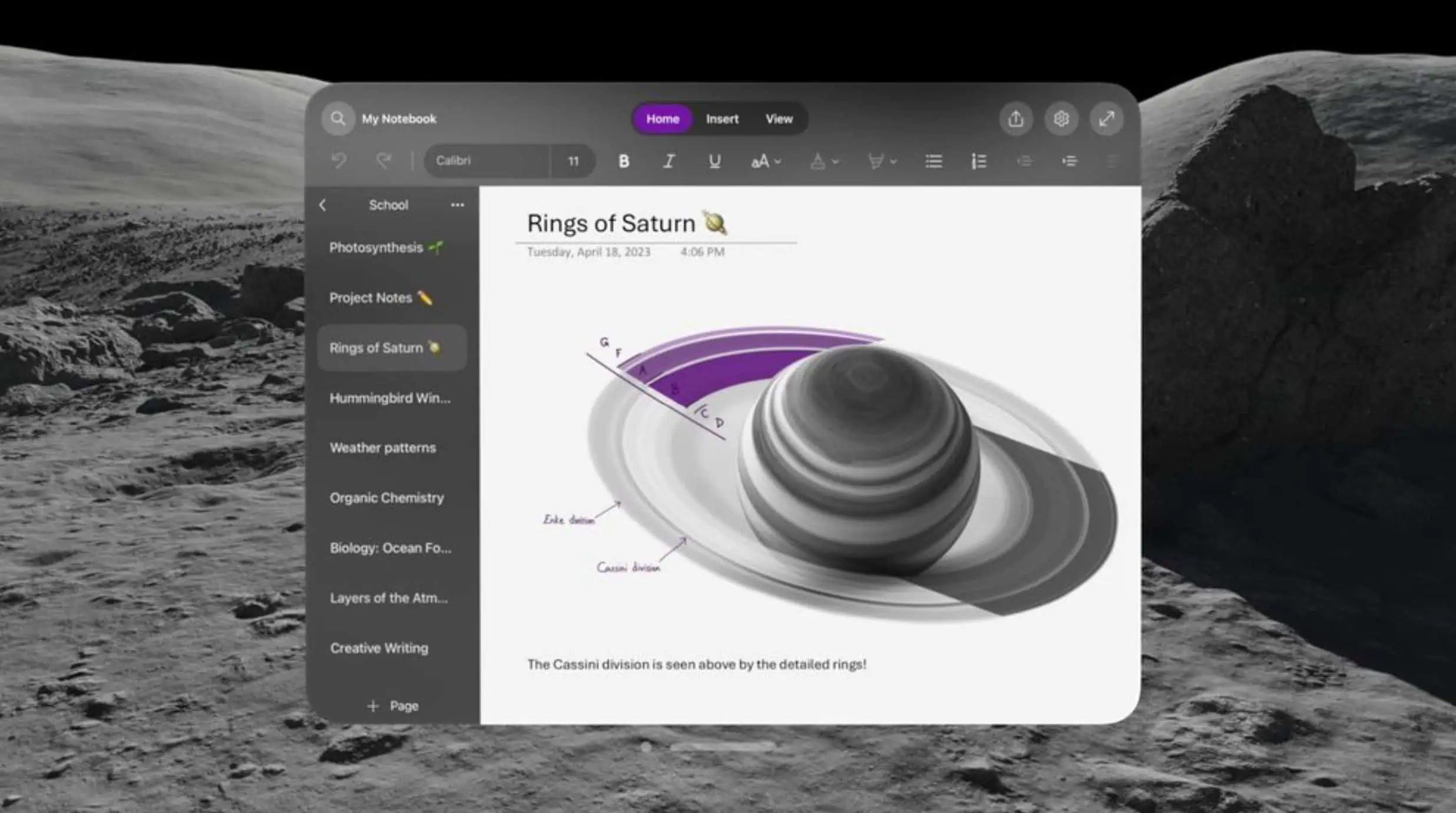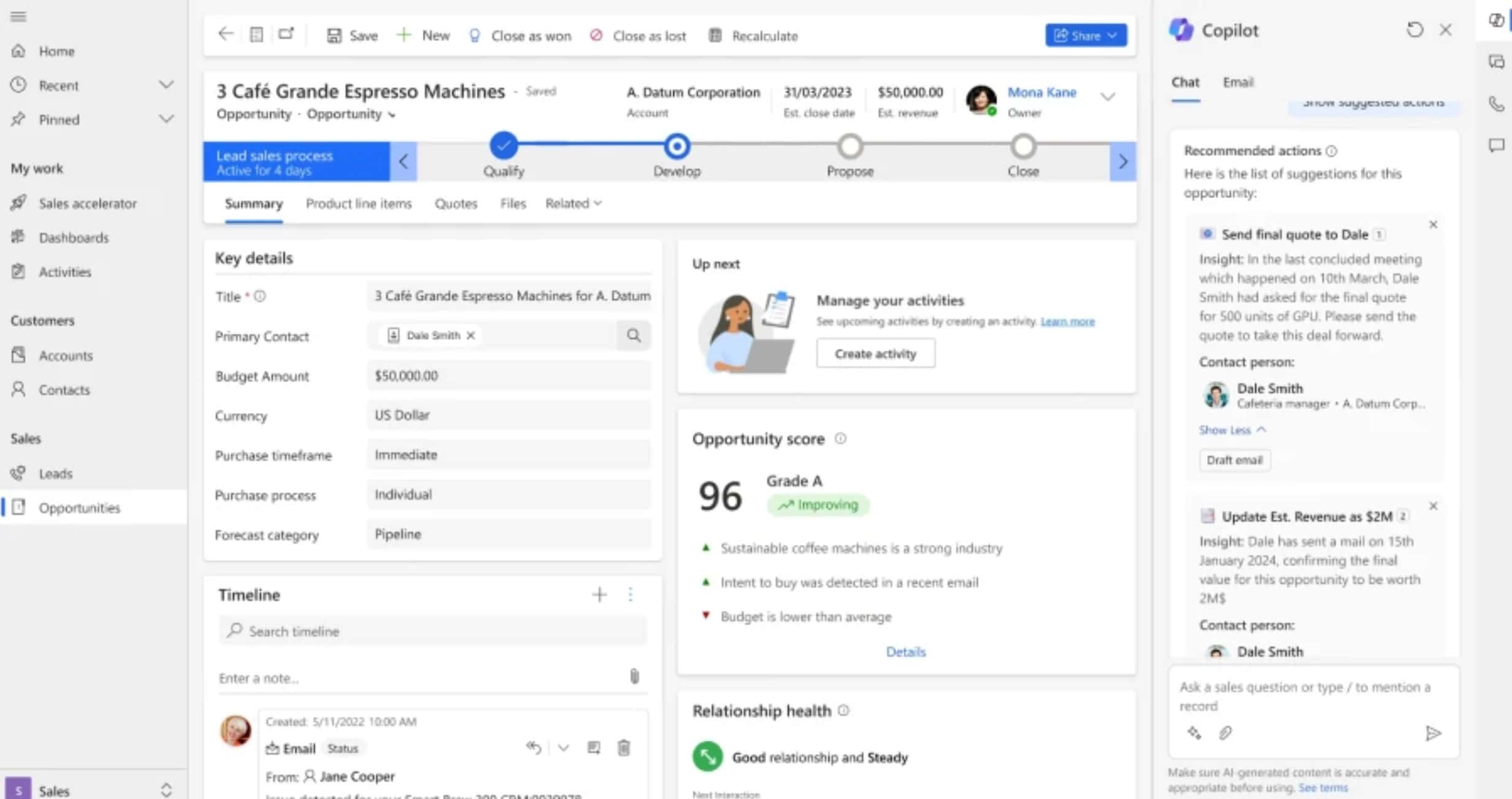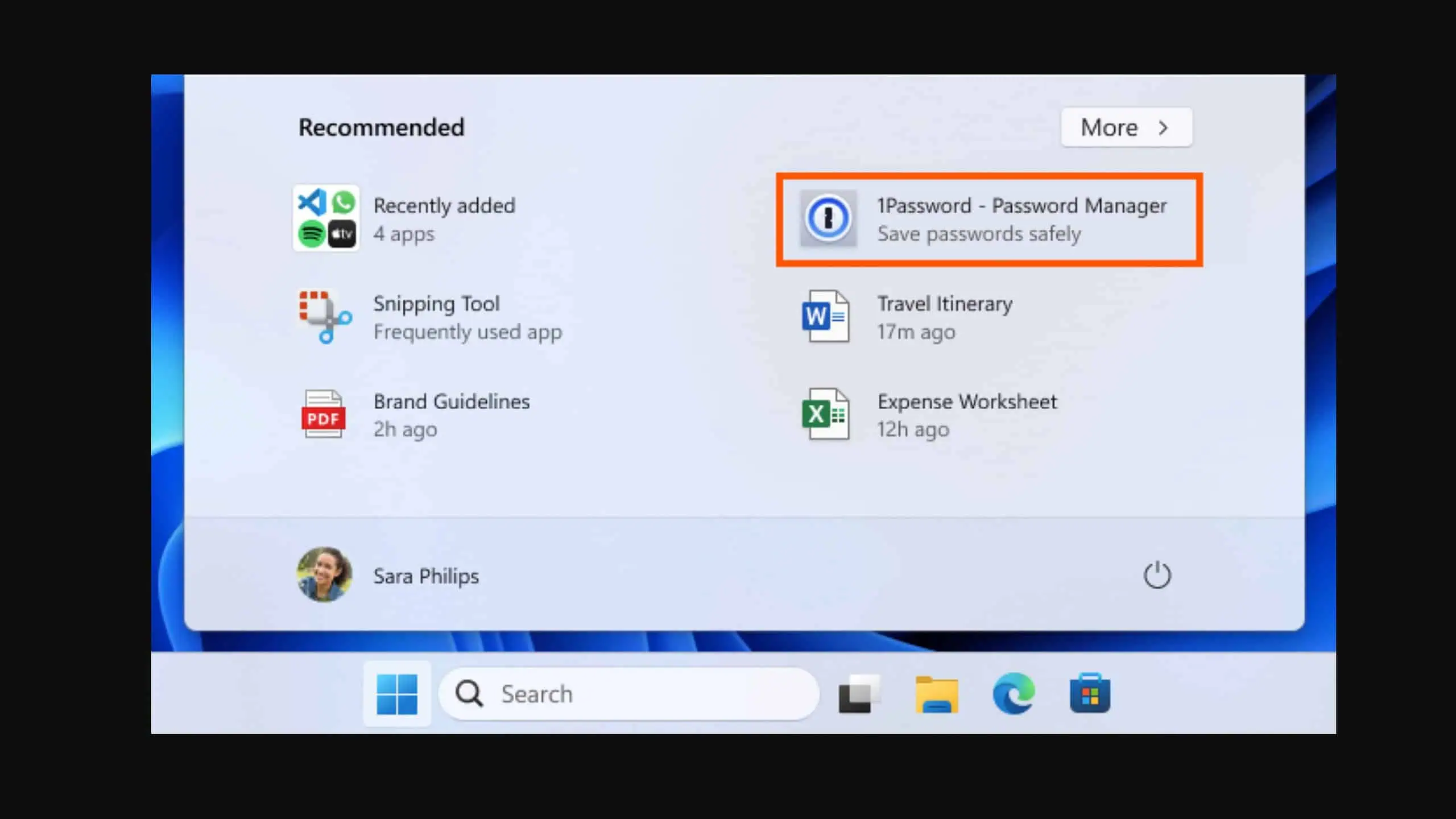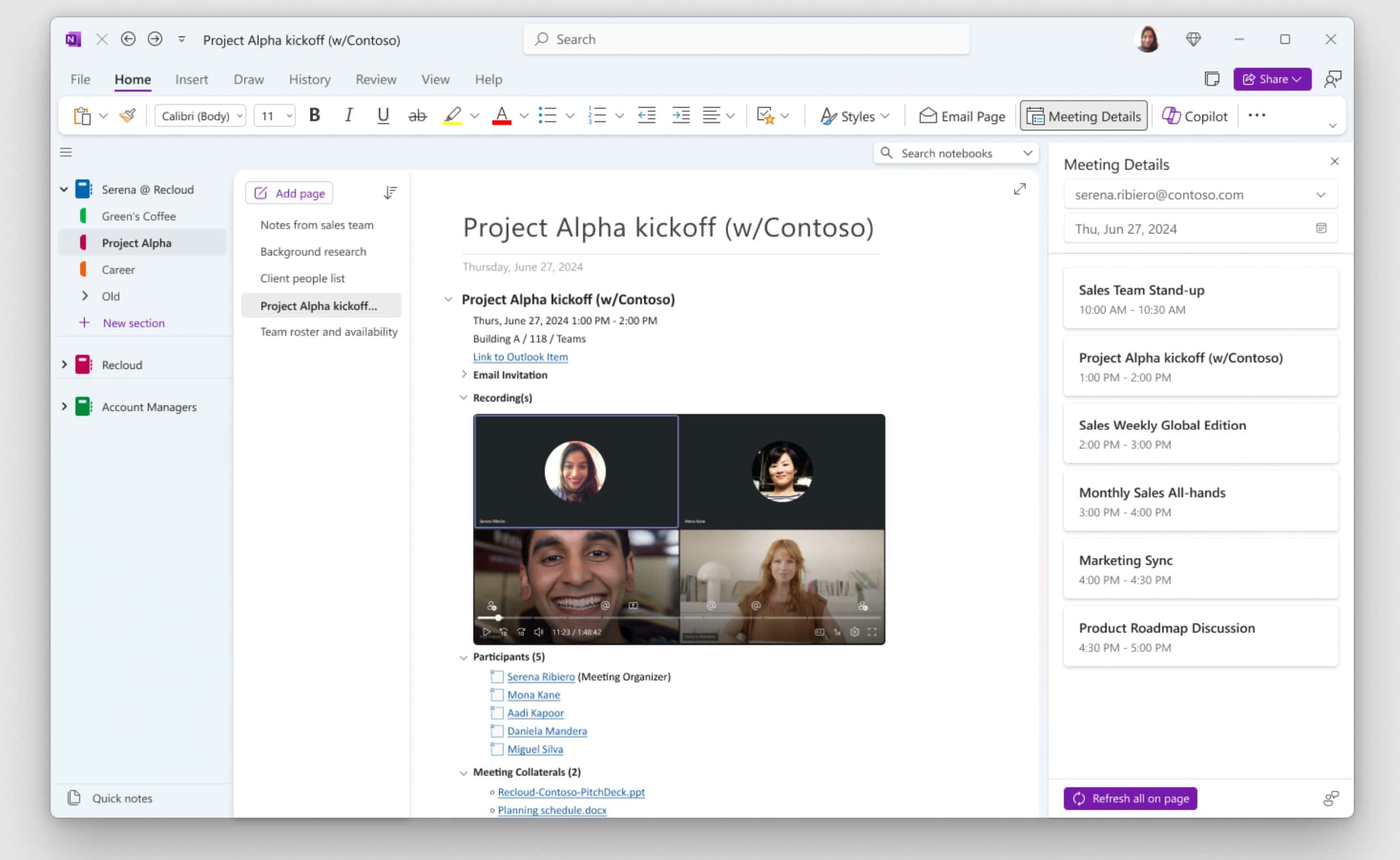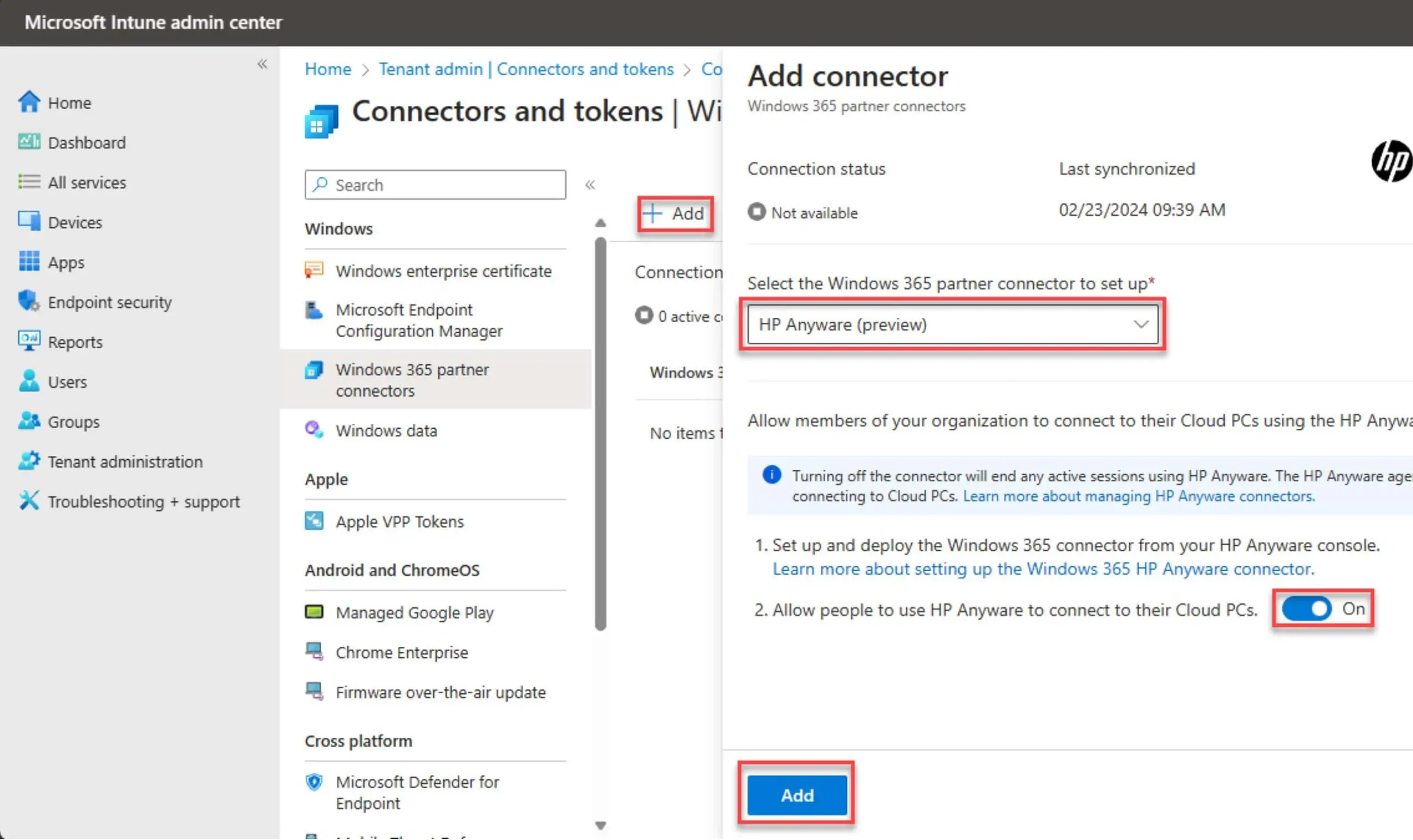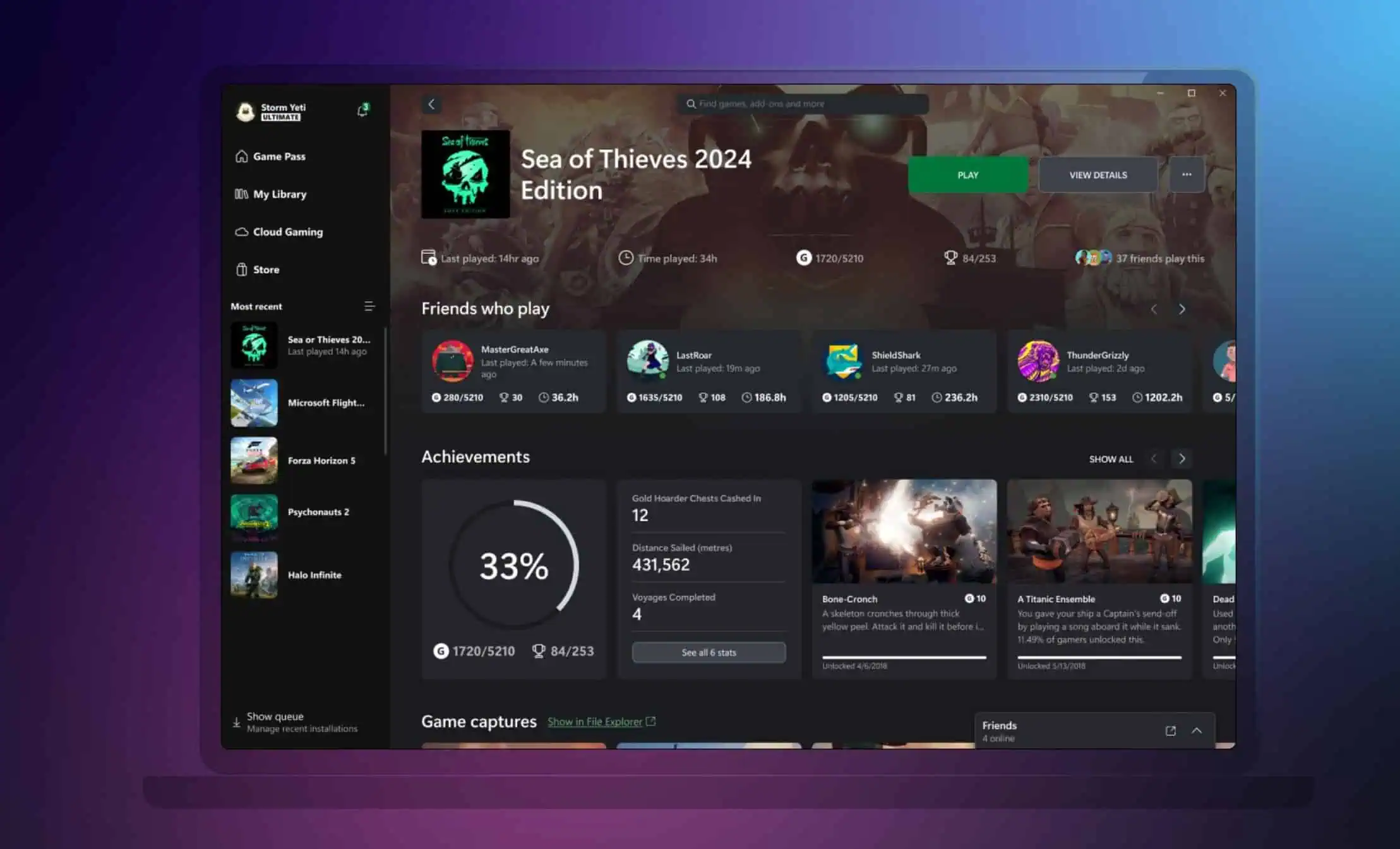Microsoft signs a five-year agreement with Purdue University to build a scalable quantum computer
2 min. read
Published on
Read our disclosure page to find out how can you help MSPoweruser sustain the editorial team Read more

Last year, Microsoft announced that they are doubling down on quantum computing research. They are making a strong bet that it is possible to create a scalable quantum computer using what is called a topological qubit. Microsoft strongly believes that the “scalable topological quantum computer” is theoretically more stable and less error-prone.
Today, Microsoft announced a five-year agreement with Purdue University to develop a usable quantum computer. Michael Manfra, Purdue University’s Bill and Dee O’Brien Chair will lead the effort at Purdue to build a robust and scalable quantum computer. To build such qunatum computer, the Microsoft team must simultaneously solve problems of materials science, condensed matter physics, electrical engineering and computer architecture.
“This is why Microsoft has assembled such a diverse set of talented people to tackle this large-scale problem,” Manfra says. “No one person or group can be expert in all aspects.”
Manfra’s group at Station Q Purdue will work with Redmond-based Microsoft team members, as well as a global experimental group established by Microsoft including experimental groups at the Niels Bohr Institute at the University of Copenhagen in Denmark, TU Delft in the Netherlands, and the University of Sydney, Australia. They will also work with the theorists at Microsoft Station Q in Santa Barbara.
Station Q Purdue team will study ultra-pure semiconductors and hybrid systems of semiconductors and superconductors that may form the physical platform upon which a quantum computer is built. They have expertise in a technique called molecular beam epitaxy, and this technique will be used to build low-dimensional electron systems that form the basis for quantum bits, or qubits.
“There is another computing planet out there, and we, collectively, are going to land on it. It really is like the old days of physical exploration and much more interesting than locking oneself in a bottle and traveling through space. We will find an amazing unseen world once we have general purpose programmable quantum computers,” Freedman says. “Michael Manfra and Purdue University will be a key collaborator on this journey. I’m not interested in factoring numbers, but solving chemistry and materials science problems, and most ambitiously machine intelligence. Curiously, we need great materials science and transport physics – Mike Manfra’s work – to build the systems we will use to do quantum computing and, thus, to usher in the next era of materials science.”
Learn more about this collaboration here.


